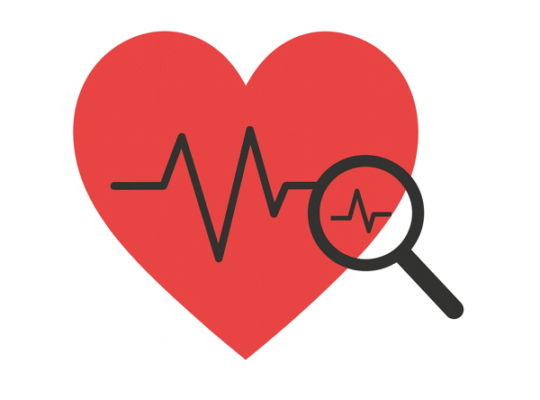
I have always been a reader. As a child, I was the one who would be curled up in a quiet corner with a book, rather than out there playing in the sunshine. Reading is, and has always been, a fundamental part of my life and a pastime that I’ve turned to when I’ve felt the need to escape.
So it’s no surprise that reading is a self-care activity that I turn to during dialysis. Of course, due to my blindness, I tend to be reading on my phone or on a dedicated book reader called a Victor Reader. And yes, I’m reading by audio, not by sight. I read books in text using a digitized voice, rather than listening to human narrated audio books, which most people expect me to do. But that is merely a personal preference.
Now that I’ve outlined the how of my reading, let’s look at what I do and do not read when on dialysis.
Ultimately, my choice of the perfect book during treatment is something that I’ll enjoy that doesn’t demand too much concentration from me. That typically rules out non-fiction, complicated plots with many characters that I’ll need to keep track of to follow the story, and books that I’ll become too emotionally involved with. Essentially, I’m looking for easy-reading fiction from any of my favourite genres.
I tend to read more than one book at a time, which means I’m not ignoring books that may be more complex or demand more of me. Those I’ll keep for my reading time that is not involved with my medical treatment.
As an example, I’m currently reading two books, both of which are fiction. The first is The Sign for Home, by Blair Fell. It’s a book about a young man who is deaf-blind and is experiencing challenges that he hopes to grow beyond. Even anticipating that everything will turn out well for the main character, I find myself emotionally distressed by what he’s experiencing at the hands of those around him. For that reason, it’s not particularly conducive to creating a calm and restful reading experience.
Simultaneously, I’m reading Spinning Silver, by Naomi Novik, a tale that is based on a Russian folktale. It has characters who experience hardship, but it is ultimately an easy story to read with a gentle tone that reminds me of a fairytale. As I listen, I fall into the story and time flies as the tale progresses. It’s turning into a wonderful book for me to indulge in while connected to the machine.
I tend to look for specific genres to read during dialysis, namely fantasy, historical fiction or light mystery. I’m definitely not going to look for hard crime mysteries, police procedurals or any book that may cause me distress. I’m also not going to pick up something complex or mentally demanding, so I won’t gravitate towards science fiction, or psychological dramas.
Here are a few others that have worked for me in the past months, drawn from my favourite genres.
Pat Barker – The Silence of the Girls (historical fiction)
CB Wilson – Shepherded to Death (cozy mystery about dogs)e
Connie Willis – All Clear! (alternative history)
Katherine Arden – The Girl in the Tower (fantasy)
The outlier in this group is the Connie Willis, It has several plotlines that run concurrently, and multiple characters. What makes it a good choice for me during my treatment is that it’s part of a series that I’ve been reading for some time, so I’m familiar with both the characters and the context. If you’re curious to know more about it, it is set during WWII and the alternative history aspect involves characters going back in time to experience what life was like during the London blackout. Which all sounds straightforward, until things start going wrong for the timetravellors…
Those are a few of the books I’ve been reading during my treatments, and an idea of what I look for as a reading experience for that specific purpose. Overall, I tend to listen to podcasts during the first hour of my treatment and then pick up my book reader. That’s just what seems to work best for me.


